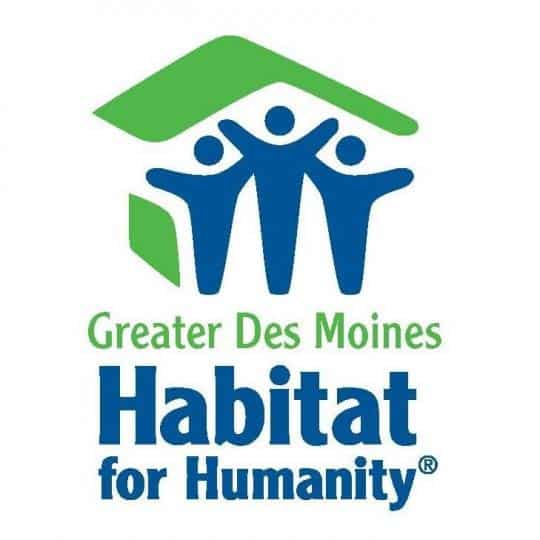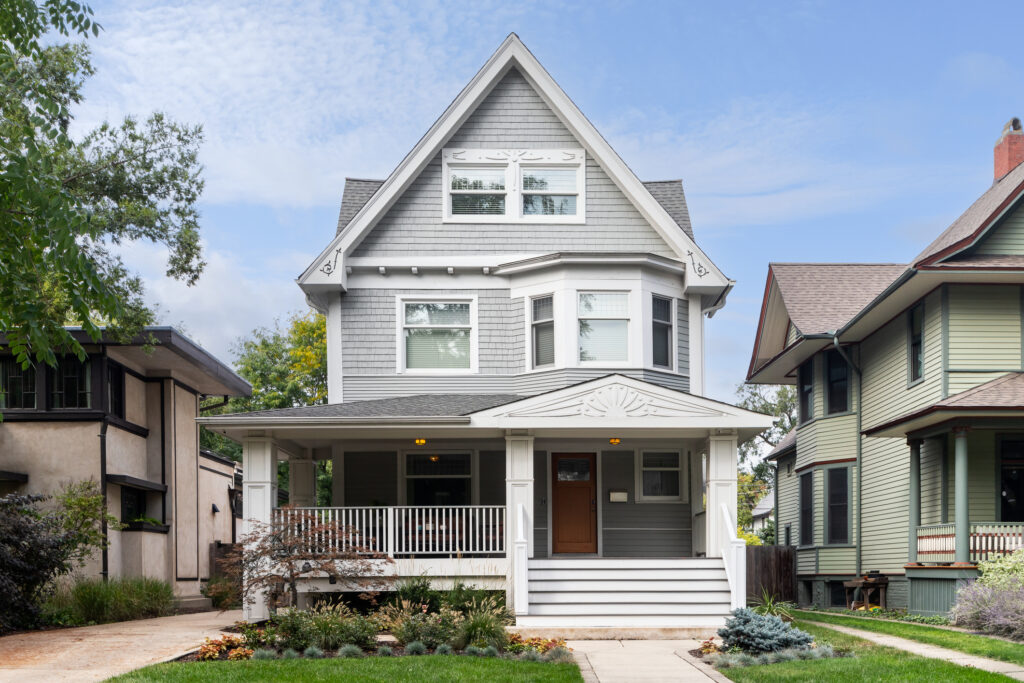Des Moines, suburban DART members reach agreement to work on public transit redesign


Several member communities of Des Moines Area Regional Transit Authority have agreed to work together to redesign public transit and remain members of the agency, they announced today.
According to a news release from Des Moines, Polk County, Altoona, Ankeny, Bondurant, Clive, Johnston, Urbandale, Windsor Heights and West Des Moines, the communities will work with DART over the next 18 months to create a more sustainable, equitable and affordable public transportation network.
The announcement comes after seven suburban communities sent the city of Des Moines a letter in September giving the city until Dec. 1 to commit to requirements of a new governance structure and funding formula that was approved by DART members in 2021 to make the representation and funding more equitable.
Before the new funding structure, Des Moines received 74% of the services and paid 33% of the costs, the letter states. Collectively, the other member communities received 26% of the services while paying 67% of the costs.
The letter says the new funding formula increased Des Moines’ contribution to 49% of the funding, while reducing suburban communities’ contribution to 51%. The cities accuse the city of Des Moines of backtracking on its commitment, creating a $7.6 million deficit.
In the letter, signed by the mayors of West Des Moines, Urbandale, Clive, Johnston, Windsor Heights, Altoona and Bondurant, the cities say if they don’t receive a commitment from Des Moines, they may be forced to withdraw from DART and explore options for providing service on their own.
Today’s announcement also followed a vote by the DART board of commissioners in October to award a contract to consulting firm Jarrett Walker + Associates in partnership with Transpo Group for the DART network redesign project.
Russ Trimble, mayor of West Des Moines and chair of the DART board, said in a news release that the suburban members of DART will work with the city of Des Moines and DART and its consultant to make “our public transit system the best that it can be.”
“Not only is public transit critical to workforce and economic development, but it is literally a lifeline to the Central Iowans who rely on it,” Trimble said in the release. “We owe it to our riders, our staff, our businesses and our taxpayers to provide the most efficient, effective transit system possible.”
He said the suburban communities are also committed to the funding formula that was agreed upon “as essential components to retaining suburban value in DART.”
Des Moines Mayor Connie Boesen said the city believes that public transit is “essential to so many people who rely on it to get to school, work and medical appointments.”
“We are committed to working with our suburban partners to examine how we redesign the system to better serve those who rely on it every day within the current financial realities we all face,” she said in the release. “I also look forward to a future in which we hope to be able to provide more and better service with a regional funding source.”
The agreement does not affect decisions made by Grimes and Pleasant Hill to withdraw from DART, but the release states that both communities can rescind their decisions before the DART commission votes to accept their withdrawals.
Earlier this year, DART officially launched its Reimagine DART effort, embarking on its mission to reimagine public transit and create a system that will be sustainable for the next 10 years and beyond.
At the time, DART CEO Amanda Wanke said while on the surface a redesign may seem focused on solving the agency’s budget challenges, it is really about “that collaborative effort to transform public transportation” to meet the needs of the community as it continues to grow and change.
In a statement released in response to the city’s announcement, Wanke said “we look forward to thinking boldly and creatively about how we deliver a service that connects and strengthens our community for the next 20 years.”
She said DART appreciates the time and effort elected officials are giving to chart a course forward to reinvest in public transportation and that the compromise offered by the cities “allows us to work collaboratively to establish a clear vision and roadmap for DART’s future.”
“We know thousands of Central Iowans depend on us, and regional public transit is critical to a thriving metro,” Wanke said. “At a time when other Midwest communities are increasing their investment in public transit, we have a unique opportunity to create a new regional transit network that drives quality of life and economic opportunity in Greater Des Moines.”

Michael Crumb
Michael Crumb is a senior staff writer at Business Record. He covers real estate and development and transportation.










